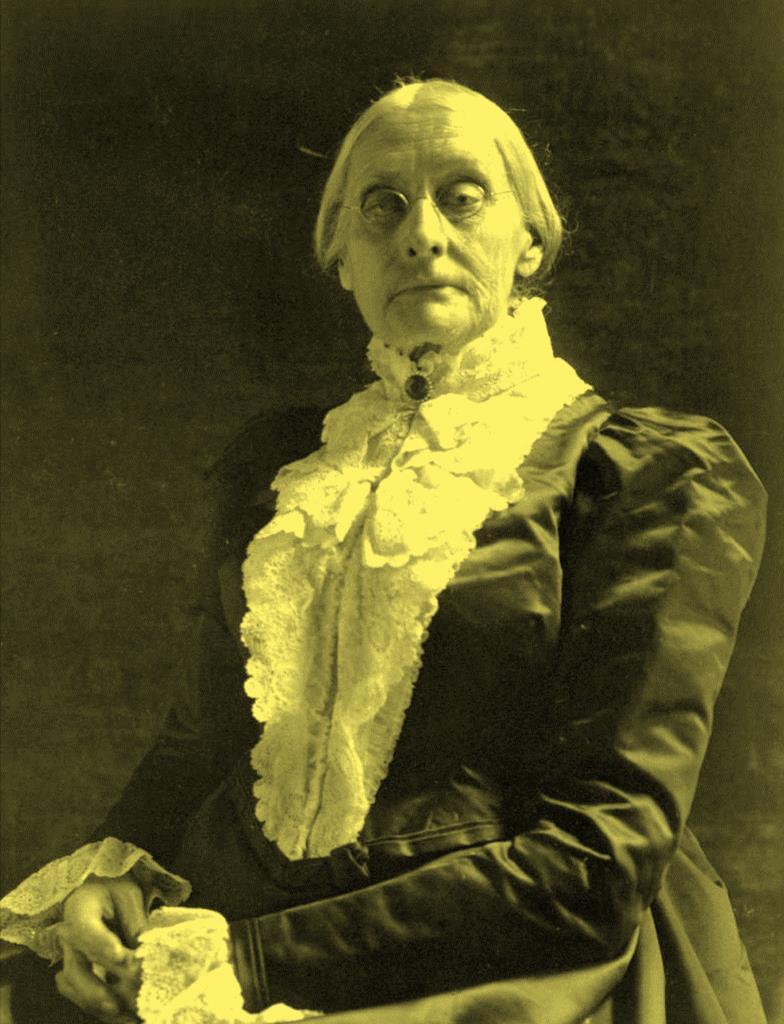
2 minute read
Susan B. Anthony (Victoria Muñoz and Sergio Murcia
Susan B. Anthony
Victoria Muñoz and Sergio Murcia
Advertisement
Would you imagine being constantly underrated and having almost no opportunities? This was the situation of women throughout the second half of the 18th and the beginning of the 19th century, including me.
My name is Susan Brownell Anthony and I was born on February 15th 1820 in Massachusetts, United States. At that time, women were mainly in charge of the housework and raising children, while men occupied important positions and controlled business and trade.
Women were not part of the public life, as we were not able to vote. Furthermore, black women were many times enslaved and were considered property, so they could be sold and even raped.
During my lifetime I have been one of the first feminists and suffragettes, as well as a writer and a human rights defender and I have also played an important role in the fight for women's voting rights in addition to collecting anti-slavery petitions, to achieve social and racial equality.
It all started at an early age, when I had to work as a teacher and I realized the difference in salary between men and women, since they were paid five times more, which encouraged me to fight against this injustice and demand improvements.
Afterwards, I joined an anti-slavery organization due its similarities with the status of women. Moreover, I questioned the superior position of white men in society, creating an Equal Rights Association, which allowed me to travel across the country talking about gender equality, and helped a lot to black women because it initially guaranteed voting rights regardless of skin color. However, it ended only benefiting black men, so I left to focus on the women's movement.
Therefore, I published a magazine called The Revolution, which became my way of promoting this movement, with a famous motto: “A true republic, men with rights, no more; women with rights, no less”. My objective was to support the voting rights of women and black people, but also including equal pay, divorce rights, and the Church's position on women's rights.
After a few years, I co-founded the National Woman Suffrage Association, but by encouraging them to take men's positions, I caused disagreements within the movement and I was fired.
At the time of the 1872 American presidential election, we still did not have the right to vote in the country, but before it took place, some women and I requested to be registered as voters, which led to me being accused of illegal voting. I was arrested and received a criminal trial, but eventually I was pardoned by the President Ulysses S. Grant, after being jailed for refusing to pay the fines imposed by the court.
Finally, after participating in the publication of the six volumes of the book "History of Woman Suffrage", I died in New York on 13th March, 1906.
My advice for future generations would be not to give up, and keep fighting for equality and to achieve a society without gender roles, where women of all races have the same rights and are able to vote as well as to take important decisions, which starts from a good education that would help to stop the discrimination that we suffer throughout our lives, for the fact of being women.
SCAN ME AND LISTEN TO THIS TESTIMONY











